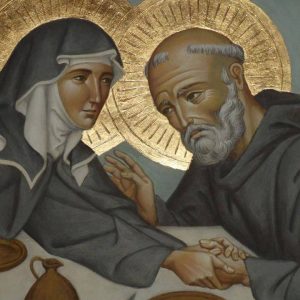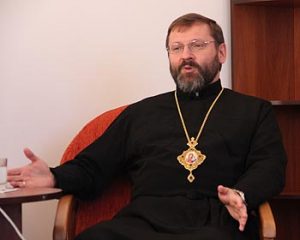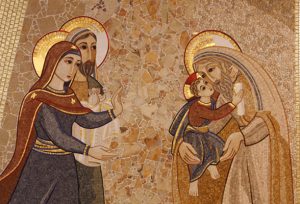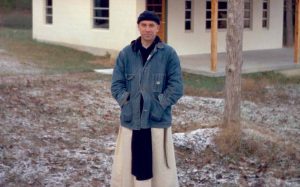In the Byzantine Church today the gospel passage is that of Zacchaeus. He is re-purposed by the Lord for something great, something new, something never felt before. The newness is that of Grace transforming the darkness of our lives into some thing that God can use for the up-building of His Kingdom, for the bringing of the Hundredfold. As with Zacchaeus, so with us. Here is a brief meditation:
The process of conversion begins with genuine openness to change: openness to the possibility that just as natural life evolves, so too the spiritual life evolves. Our psychological world is the result of natural growth, events over which we had no control in early childhood, and grace.
Grace is the presence and action of Christ in our lives inviting us to let go of where we are now and to be open to the new values that are born every time we penetrate to a new understanding of the Gospel. Moreover, Jesus calls us to repent not just once; it is an invitation that keeps recurring.
In the liturgy it recurs several times a year, especially during Advent and Lent. It may also come at other times through circumstances: disappointments, personal tragedy, or the bursting into consciousness of some compulsion or secret motive. that we were not aware of.
A crisis in our lives is not a reason to run away; it is the voice of Christ inviting us to accept more of the divine light. More of the divine light means more of what the divine light reveals, which is divine life. And the more divine life we receive, the more we perceive that divine life is pure love.
Awakenings
Thomas Keating, OCSO



